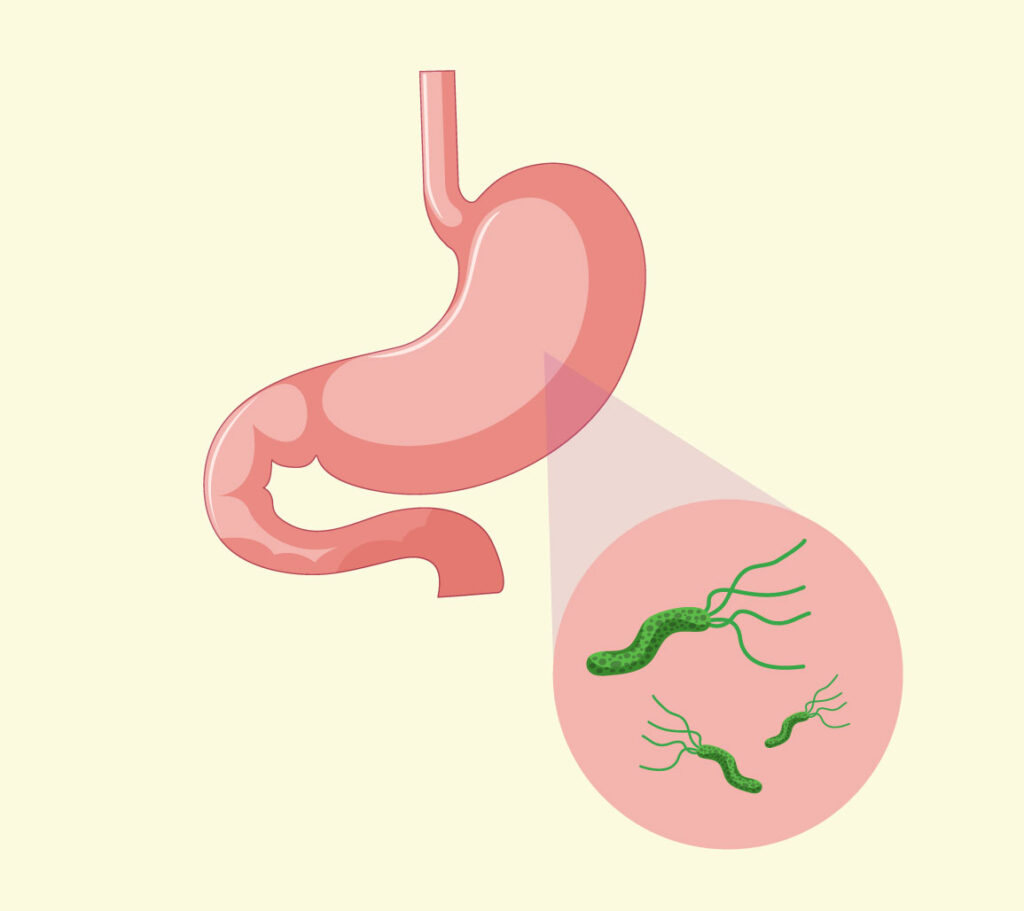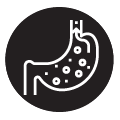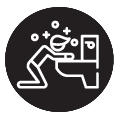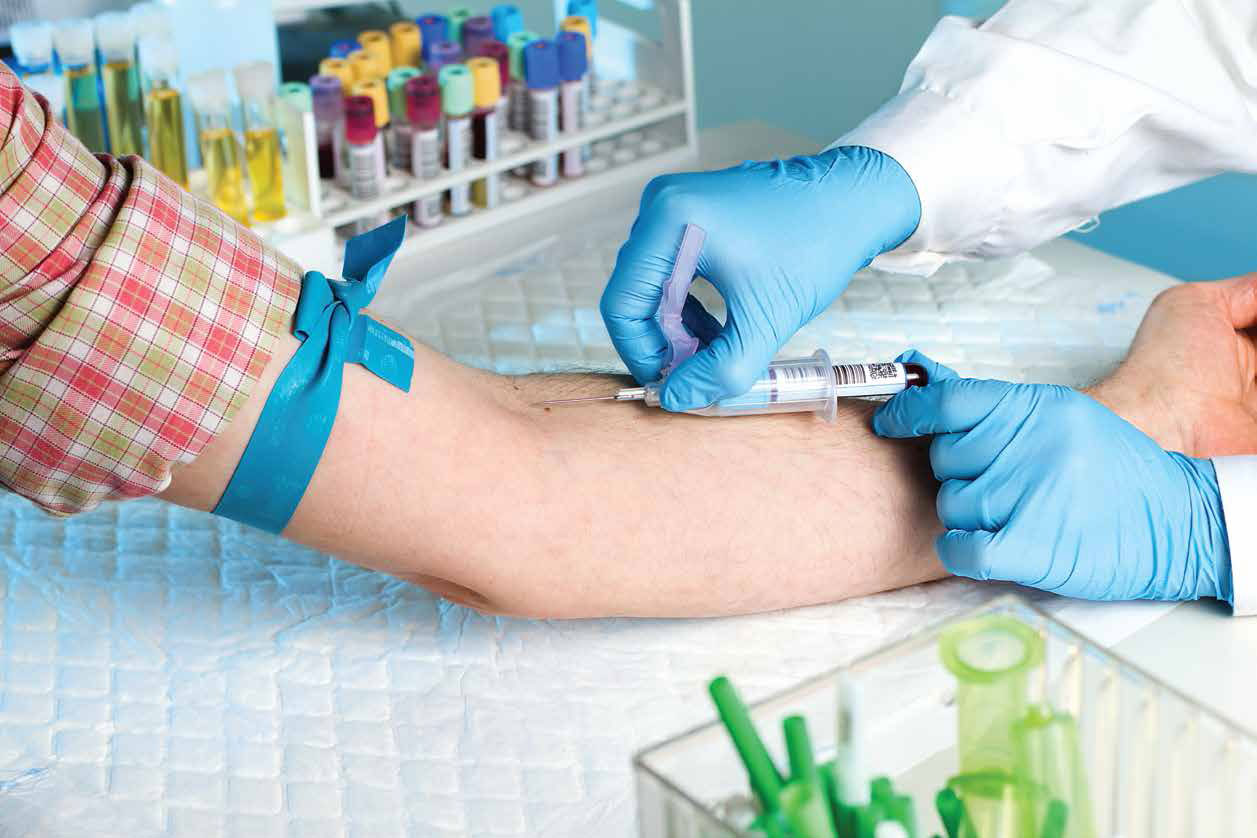Helicobacter Pylori
Helicobacter pylori or H. pylori is a bacteria that infects the stomach. Most people have this infection and the infection will cause symptoms. For some, it will lead to inflammation of the lining of the stomach or duodenum – the first section of your small intestines. Sometimes, inflammation leads to the formation of sores that can cause bleeding. Some chronic infections may cause stomach cancer.
Most of us do not exhibit symptoms of the infection. For a small population. it leads to inflammation of the lining of the stomach or duodenum.


Upper abdominal discomfort

Bloating or frequent burping

Burning abdominal pain

Not feeling hungry or easily getting full despite small amount of food

Nausea or vomiting

Feeling tired/weak for no apparent reason

Bad breath
H. pylori may cause some alarming symptoms. It is advisable to seek immediate help from a doctor if you experience the following symptoms:
- Severe or persistent abdominal pain
- Bloody or black stools
- Bloody vomit or vomit that looks dark or black
Some individuals with H. pylori infection experience mild or even no symptoms at all. At times, other digestive tracts problem may cause similar symptoms as the H. pylori infection, so therefore the best way to diagnose the H. pylori would be to take a test for it.
Causes of H. Pylori
It remains unclear how H. pylori is transmitted although it is likely to be through contaminated water or food, through what is known as the oral-faecal route. In certain populations, H. pylori is acquired during childhood within
one’s own family (between parents and children or between siblings).
How is H. Pylori detected/diagnosed?
Tests and procedures used to determine whether you have an H. pylori infection include:
- Blood test
- Urea breath test
- Stool test
- An upper endoscopy exam with biopsy
The most sensitive test to diagnose this condition is the use of either a urea breath test or an endoscopy. Based on your condition, your doctor will prescribe the test accordingly.

Know your treatment options at CVSKL’s gastro centre
H. pylori infections are usually treated with a combination of antibiotics for two weeks. Your doctor may also prescribe an acid-suppressing drug, to help your stomach lining heal and increase the efficiency of the antibiotics.
To ensure the efficacy of the treatment and that the infection has been eradicated, follow-up tests are usually performed after a week completion with the following tests:
- A urea breath test, or
- Upper endoscopy with biopsy
Most of the time, the infection can be treated with a combination of antibiotics. If the treatment is unsuccessful, the patient may be required to take a different course of antibiotics.





